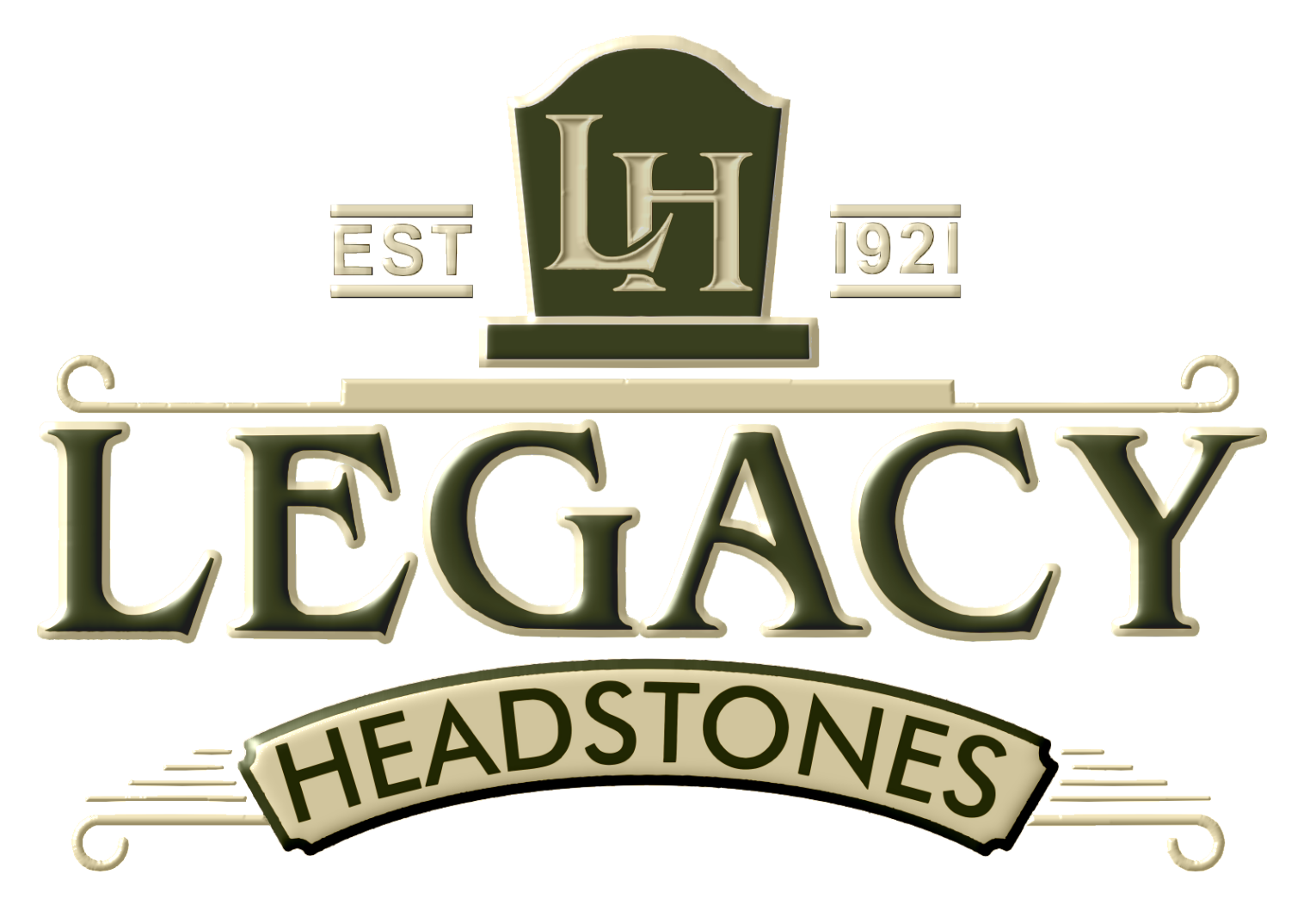When a loved one passes away, the days that follow can be busy and emotional for all the family members and friends involved. Challenging times like these can make it even more difficult to make decisions about the deceased's final resting place or funeral arrangements. Graveyard security, for example, might never cross your mind but it is a critical issue to consider before choosing a cemetery or burial ground. Most of us tend to focus on the intricacies of loss and the experience of visiting a loved one's burial site, but some people see graveyards as ideal places to prey on distracted visitors. In this article, we determine why graveyards need security as well as what steps you can take to keep a loved one or your belongings safe.
Why Do Graveyards Need Security?
Many cemeteries are open to the public, which means that anyone has access to the headstones and memorials contained within. In order to prevent vandalism and theft, many cemeteries hire security guards to patrol the grounds during the day and at night. Security guards can deter theft just from their presence alone, but they might also ask anyone who enters the cemetery a couple questions. Family members and friends of the deceased aren't the only people who visit public cemeteries. You might also find bird watchers, history buffs, and tombstone tourists at your local graveyard. Although most people visit burial grounds with honorable intentions, some people have insidious motives.
How Are Graveyards Safe and Secure?
Headstones and memorials age naturally, but an increase in casual visitors can also place a strain on the organizations that operate public cemeteries. Ideally, the cemetery you choose will have a maintenance program that allows qualified individuals to document and address risks or liabilities. There are bylaws and regulations that govern the safety and repair of weathered, cracked, rusted, or eroded monuments and gravestones. Burial grounds should also have signs that ask visitors to remain on pathways and refrain from leaning against headstones. Some cemeteries are equipped with alarms, motion sensor lighting, and gates to reduce the opportunity for crime. Others have CCTV cameras and other types of video surveillance to help identify potential offenders. If private security patrol or surveillance isn't available, a graveyard can lock all gates and entry points when the cemetery is not accessible to the public. Most graveyards and the trained professionals that guard them work with police and local government to prevent misconduct.
Choosing a safe and secure cemetery for your loved one isn't as difficult as you may think. Consult your funeral provider or a memorial professional to better determine your expectations. If security is of the utmost importance to you and your family, above-ground interment in a mausoleum may be the best option for your loved one's remains. We hope that this brief introduction to graveyard security provides the information you need to make the best decision. Please contact Legacy Headstones today with any questions or concerns.

